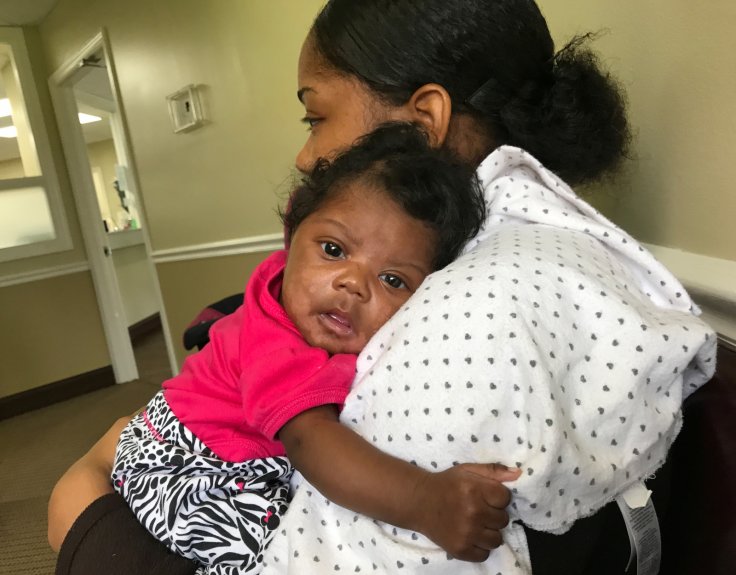
Postnatal depression can impact the quality of relationship between mother and child into adult life and can also have a negative influence on the quality of relationship between grandmothers and grandchildren, new research has discovered.
According to the US Centres for Disease Control, 11 to 20 per cent of women who give birth each year have symptoms of postpartum depression -- a depression in women that occurs after childbirth.
The depression not only has an adverse effect on mothers' relationships with their children, but also impacts childrens' emotional, cognitive and physical development.
However, until now little was known about the impact of postnatal depression on the longer-term relationships between mothers and their kids.
The findings of the study, led by Sarah Myers from the University of Kent, suggested that factors which affect mother-child relationships in early infancy can have life-long consequences on the relationship that is formed over time.
Women who had postnatal depression reported lower relationship quality with their kids, including those children who are now adults.
Mothers' relationship with the child whose birth triggered the postnatal depression, was found to be specifically worse, and that continued even in adulthood.
Women who suffered from postnatal depression with a child, and then in later life become a grandmother via that child, were found to form a less emotionally close relationship with that grandchild.
For the study, published in the journal PeerJ, the team surveyed 305 women mainly from the UK and US, with an average age of 60.
Their children ranged in age from 8 to 48, with an average age of 29, many of whom now had their own children.
The researchers hope the findings will encourage the ongoing development and implantation of preventative measures to combat postnatal depression.
Investment in prevention will not only improve mother-child relationships, but also future grandmother-grandchild relationships. (IANS)









